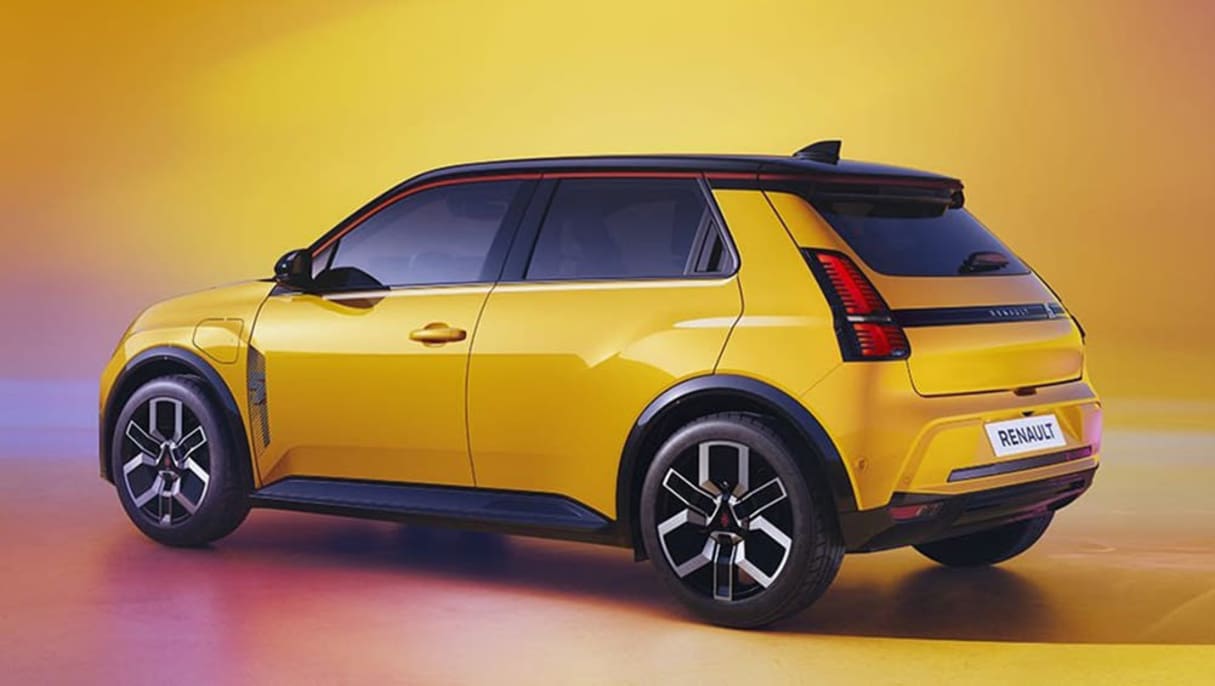This feature was once a mainstay in luxury cars and a huge selling point for mainstream vehicles … not anymore.
Renault is the latest brand to ditch leather from all its cars by the end of the year.
The French brand has signed an agreement with People for the Ethical Treatment of Animals (PETA) to ban the use of leather in all its vehicles worldwide.
Many car brands are offering synthetic leather alternatives made out of plastics and some sustainable materials as standard, but most haven't gone as far as removing the option of leather in their vehicles.
Senior Corporate Liaison at PETA France James Fraser said: “By choosing cruelty-free materials, Renault is helping spare clever cows, reduce its carbon footprint, and prove that compassion and innovation go hand-in-hand.”
Many carmakers are turning to waste products to make their seat upholstery with old fish nets and plastic bottles often turned into leather alternatives.
But is ditching leather the right choice for the environment?

Electric carmaker Polestar, which is known for its strong focus on sustainability, has argued leather can still be an option as synthetic materials aren’t up to snuff just yet.
Polestar’s Head of Sustainability Fredrika Klarén said: “At Polestar, we are closely following developments around new alternatives to leather.
“Unfortunately, these materials do not work for car seats at this moment, as they don’t meet our tough requirements for lifetime durability, wear and tear.”
Klarén said the increased use of plastic-based synthetic leather would have a negative effect on the environment due to its manufacturing process and at the end of the car’s life the long-term plastic waste would still exist.
Instead Polestar uses sustainable leather, which is a by-product of the meat industry. Previously cows were grown purely for their skin.
Polestar claims its leather doesn’t use harmful chemicals, is fully traceable and follows strict animal welfare standards.






.jpg)
.jpg)
.jpg)






.jpg)
_0.jpg)




.jpg)

.jpg)
.jpg)
.jpg)
.jpg)
.jpg)
.jpg)

.jpg)

.jpg)
.jpg)
.jpg)